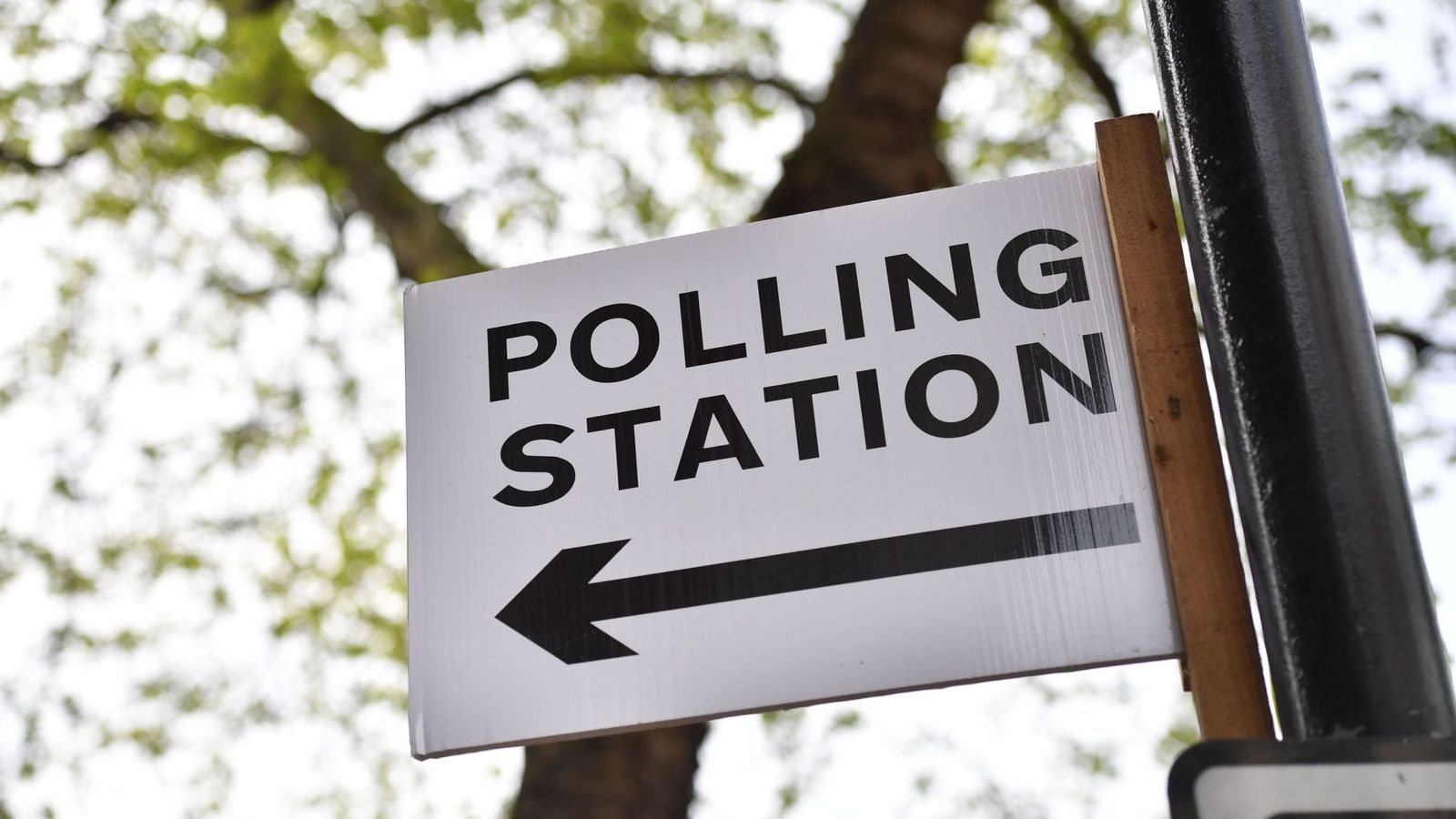“The thing you must always remember is that you aren’t voting for your next representative… you are voting for your next oppressor. And it doesn’t matter if they promise you a bigger cage or a longer leash. They are your oppressor.”
I’m stood in the Grand Central Pub in Manchester after the annual anarchist bookfair talking to a middle aged Welsh punk. He tells me he has never voted. He speaks to me with disgust about how voting placates the working classes, makes them believe that they can achieve change in a system built against them – he remembers the betrayal of the Blair years, the Iraq war, and decades and decades of escalating deprivation in his hometown in Wales.
“Choosing between Tories and Labour is like getting to choose whether you want to be punched ten times in the face or five.” He tells me with a wink as he sips his beer. “I’d just rather not ask to be punched.”
For many of the other anarchists who congregate in Manchester annually for the fair, it is the same story. One man even dons a bright yellow badge that reads “DON’T VOTE” in large letters. They have made a conscious and considered decision to not participate in statist democracy, as participating can be seen as legitimising a system they oppose. These people are not apathetic about politics; far from it – their choice to not take part in the voting system comes from a set of deeply held political beliefs which are unlikely to change. And that is one of the reasons why the idea that voting should be mandatory, and enforced by the state, is deeply unjust.
We are told that the whole point of democracy is freedom and choice; and surely that must carry with it not only the right to vote, but the right to choose not to vote, in the same way that freedom of speech also requires the freedom to not speak. Pressuring people to vote through issuing fines is authoritarian and it negates what democracy should be about.
Not all of the anarchists I speak to at the bookfair and later that evening at the pub are choosing to abstain from voting this year; and for many of them, it is in fact the first time they are ever voting in a general election. The situation is too dire, and they cannot afford to be ideologically pure after a decade of austerity. A young guy from Devon shows me leaflets he has been distributing with an anarchist group around Exeter: it reads “Labour is sh*t. The Conservatives are sh*tter. Vote Labour, our lives depend on it.”
But even to those I speak to who will be holding their noses and voting at the next election, the idea of the state forcing people to vote, as is done in Australia, is seen as completely and fundamentally wrong.
It is just another way that the state can unnecessarily wield power over a population, force it to accept and participate in its systems and hierarchies, and criminalise and punish those who disobey. Punishing those who for whatever reason didn’t manage to turn out to vote would most affect the most marginalised and vulnerable in society – a disabled person who couldn’t leave the house on polling day, a single mother who couldn’t find time between juggling work and childcare, a homeless person with no recorded address to register to vote from. People who don’t manage to vote because of situational factors do not deserve harsh fines, and they don’t deserve the even worse punishment they would receive if they weren’t able to pay those fines.
It is true, perhaps, that mandatory voting may lead to some people becoming more engaged within politics out of the necessity of making a choice. However, surely there are better ways to reduce political apathy amongst the population than through state power? Why not support grassroots community projects in political education, or encourage people to engage in politics through culture, music and social media; Stormzy pushing followers to register to vote via a link in his Instagram bio saw registration numbers surge. People choosing to become politically engaged because of education and culture, as opposed to becoming politically engaged because they are being forced to, are more likely to take a genuine lifelong interest in politics rather than just a surface level interest out of the necessity of avoiding fines. And it is also true that increasingly compulsory voting is resented in countries where it is enforced; Brazil, where some of the severest penalties for non-voters exist, saw 30 million avoid the ballot box at its last election in 2014. That is around 21% of registered voters.
There are many other arguments against mandatory voting, including religious considerations (some Jehovah’s Witnesses do not vote) and an increase in so called “donkey voting” (where voters blindly pick the first choice on a ballot paper), but all the main arguments against it boil down to freedom. Freedom to choose to abstain from taking part in the system and reject its legitimacy, as well as freedom to simply not care at all.
Mandatory voting is not a system the UK should adopt now, or ever.
Image: Sky News

